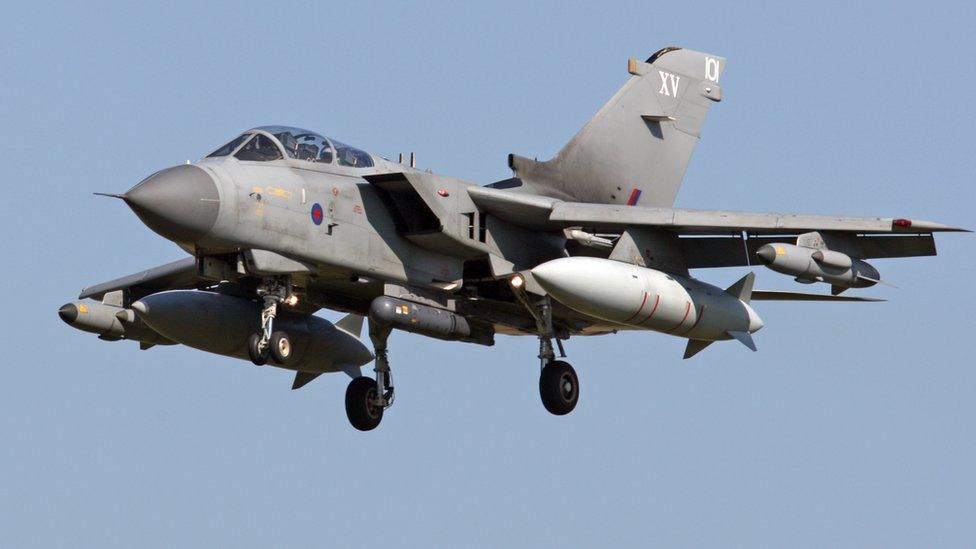Shadow cabinet seek to defuse Jeremy Corbyn Syria row
- Published
Watson: It 'won't come' to resignations
Senior shadow cabinet members are seeking to defuse a row over UK air strikes in Syria that threatens to split the Labour Party.
Leader Jeremy Corbyn is against air strikes - putting him at odds with more than half of his top team.
He faced warnings of resignations after he wrote to Labour MPs rejecting David Cameron's case for military action.
But Labour deputy leader Tom Watson and others who disagree with him say they will not be resigning.
Mr Watson hinted a free vote - allowing the shadow cabinet and Labour MPs to follow their conscience - might be the best way out of the situation.
Meanwhile, French President Francois Hollande, speaking at the Commonwealth Heads of Government Meeting in Malta, said he hoped British MPs would back PM Mr Cameron's call for military intervention in Syria.
Mr Cameron has said he will hold a Commons vote on joining air strikes against so-called Islamic State in Syria when he is confident he can win it - and that depends on persuading enough Labour MPs to back his case to offset any Conservative rebellion.
'Compelling case'
Asked if he would resign if there was not a free vote, Mr Watson said: "No, of course not. I'm the deputy leader of the party with a mandate. But I don't think that situation is going to occur."
Mr Watson said he agreed with Shadow Foreign Secretary Hilary Benn's view that the prime minister had made a "compelling case" for military action and that the UK faced an "imminent security threat".
Paul Flynn says it should be Mr Corbyn's decision to step down if he became a liability
In his letter to Labour MPs, Mr Corbyn rejected Mr Cameron's claim that attacking IS in Syria would make the UK safer and said the prime minister did not have a "coherent strategy" for defeating IS.
Mr Watson said he had not known Mr Corbyn would send a letter expressing his own views to Labour MPs, following Thursday's shadow cabinet meeting, but added that he was within his rights to do so as leader.
He said the shadow cabinet would form a view collectively on Monday after seeking clarifications from Mr Cameron on the issue of 70,000 ground troops being available to support the action.
Mr Corbyn's shadow cabinet ally Diane Abbott has urged the front bench to get behind their leader in any vote.

Analysis
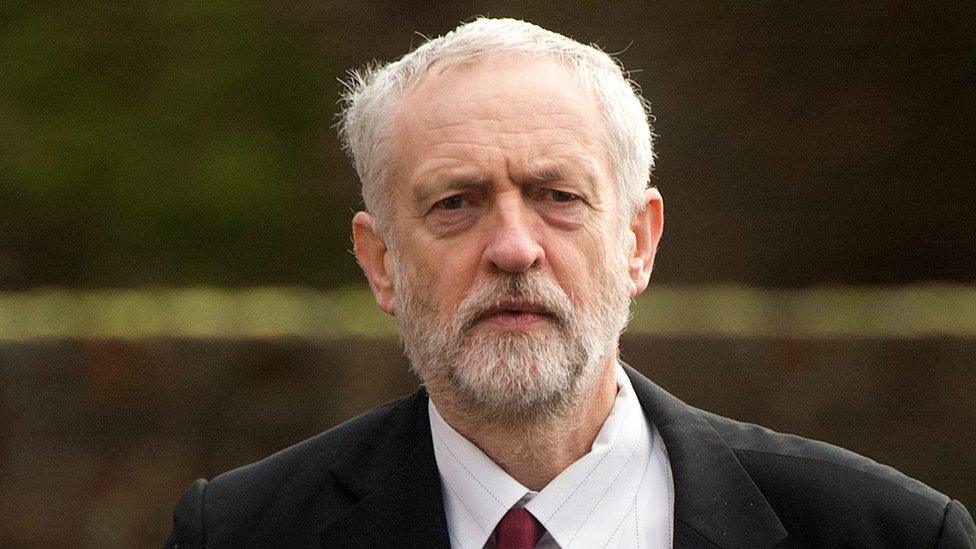
By BBC Political Correspondent Iain Watson
On Monday, both the shadow cabinet and then the whole Labour Parliamentary party will meet to discuss their attitude to air strikes.
Attempts to come to a "collective decision" seem doomed to failure.
More than half the shadow cabinet are minded to back David Cameron, Jeremy Corbyn is dead set against.
Such is the mutual suspicion at the top of the Labour Party those close to the leader felt there would be a move by a majority in the shadow cabinet to try to whip MPs to back military action, not oppose it.
Some say that's what prompted his letter setting out his opposition. A party leader doesn't want to be forced in to being a rebel.
But many in his Parliamentary party saw the letter as a provocation - essentially trying to place unfair pressure on MPs on a matter of life and death.
So the view at Westminster is both sides have to back down - with a free vote for MPs.
That would boost David Cameron's chances of winning a Commons vote and so far the Labour leadership hasn't conceded.
Jeremy Corbyn has resolved to keep his own counsel over the weekend but after three MPs questioned his continued ability to lead the party today, it will be a test of his leadership to see if the remainder of his colleagues will now maintain a dignified silence.

Ms Abbott told BBC News: "Jeremy appoints the shadow cabinet - not the other way round. You cannot have a shadow cabinet voting down the leader of the Labour Party who has just been elected with the biggest mandate in history."
Meanwhile, Labour MP Paul Flynn, who is opposed to air strikes in Syria, says he has told his leader he will have to resign if he becomes a "liability" to the party and Mr Corbyn "understands that".
The MP told BBC Radio 4's The World at One that Labour was in a "terrible mess" and the divisions seen over issues like Syria "can't go on".
'Growing momentum'
But he urged colleagues not to try and depose Mr Corbyn, saying this would cause a "rift" and possibly a split in the party.
They must rally round their leader for the time being, Mr Flynn said, suggesting Mr Corbyn will have take a decision about his own future closer to the next general election.
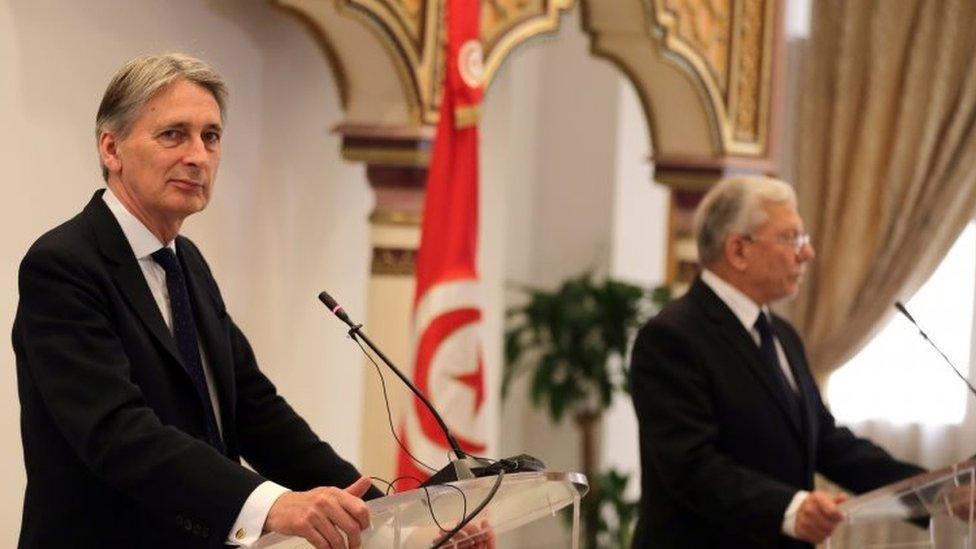
Philip Hammond and Tunisian counterpart Taieb Baccouche staged a press conference
Labour MP John Spellar, a member of the defence select committee, said Mr Corbyn's behaviour over the Syria vote debate had been "unacceptable".
And he urged shadow cabinet members considering resignation to stand their ground, telling BBC Radio 5 Live: "If anyone should resign after this incident, it should be Jeremy Corbyn."
Another ex-minister, Fiona Mactaggart, said Mr Corbyn's leadership was "weak" and "unsustainable", although she was also unconvinced about the case for bombing Syria.
Foreign Secretary Philip Hammond has, meanwhile, said there is growing "momentum" among MPs in support of extending RAF air strikes against Islamic State into Syria, despite the turmoil in the Labour Party over the issue.
Mr Hammond said ministers would give MPs the chance to reflect over the weekend on David Cameron's case before deciding whether to press for a Commons vote.
He was speaking on a visit to Tunisia where 30 Britons were killed in June in a gun attack on the resort of Sousse which was claimed by IS.
- Published27 November 2015
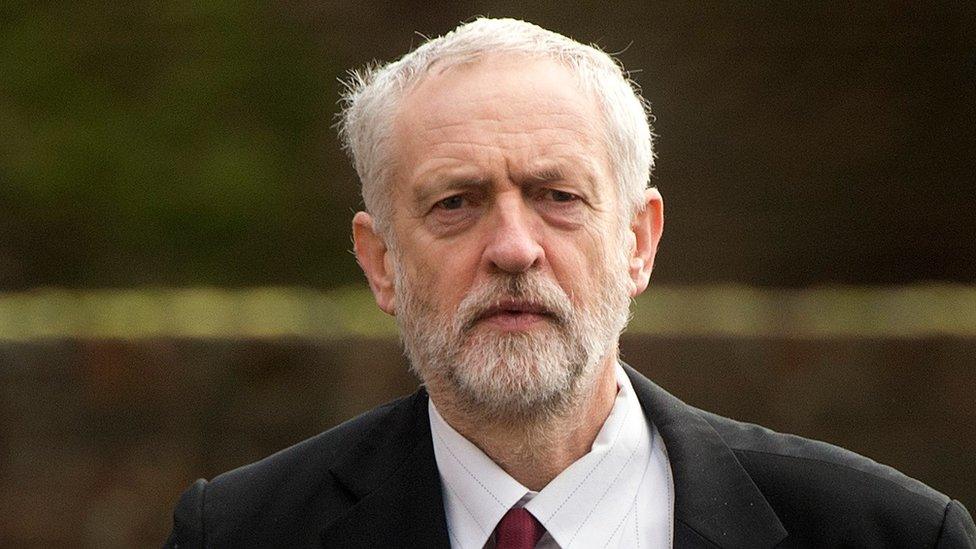
- Published26 November 2015
- Published26 November 2015
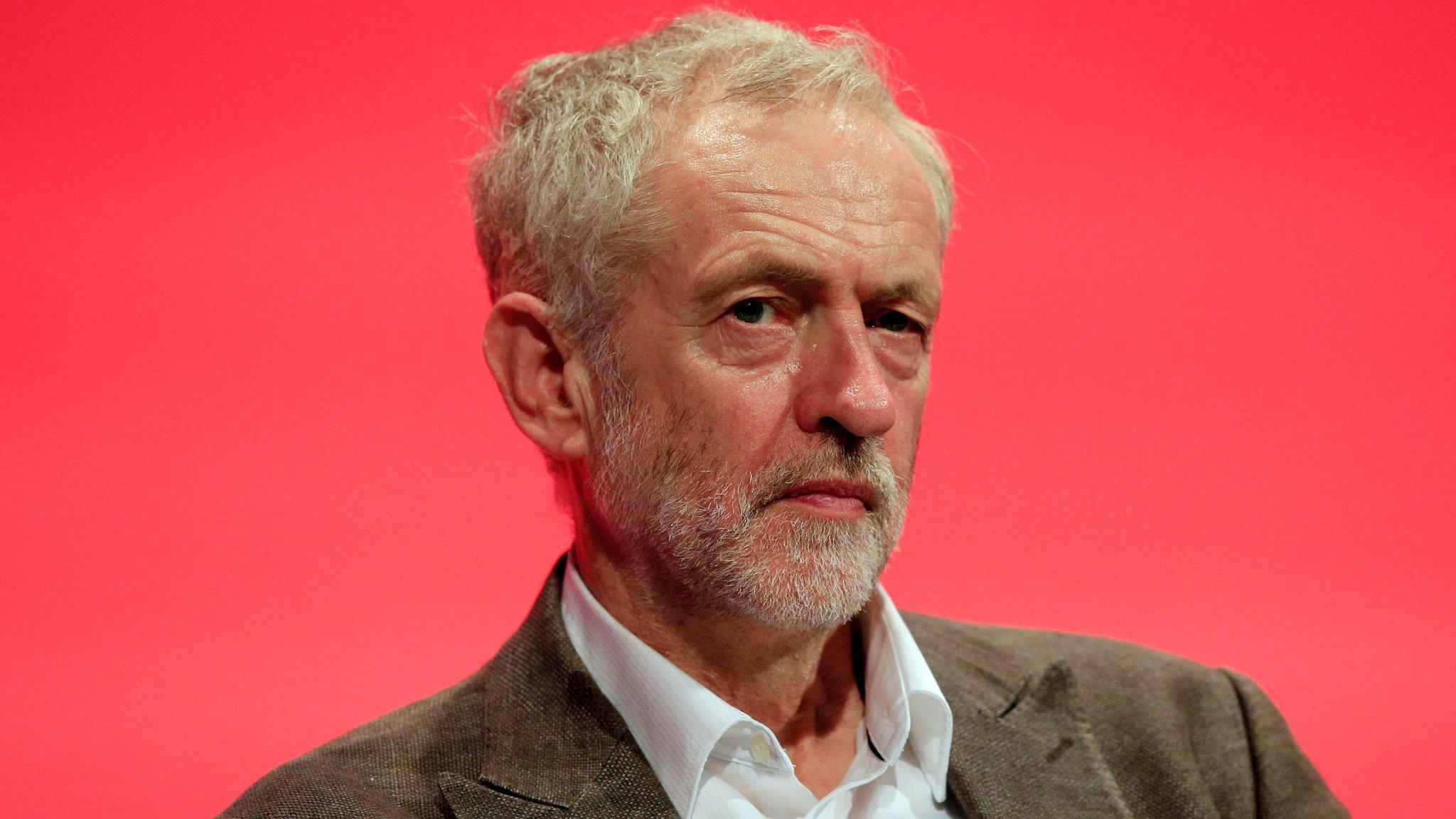
- Published27 November 2015

- Published26 November 2015
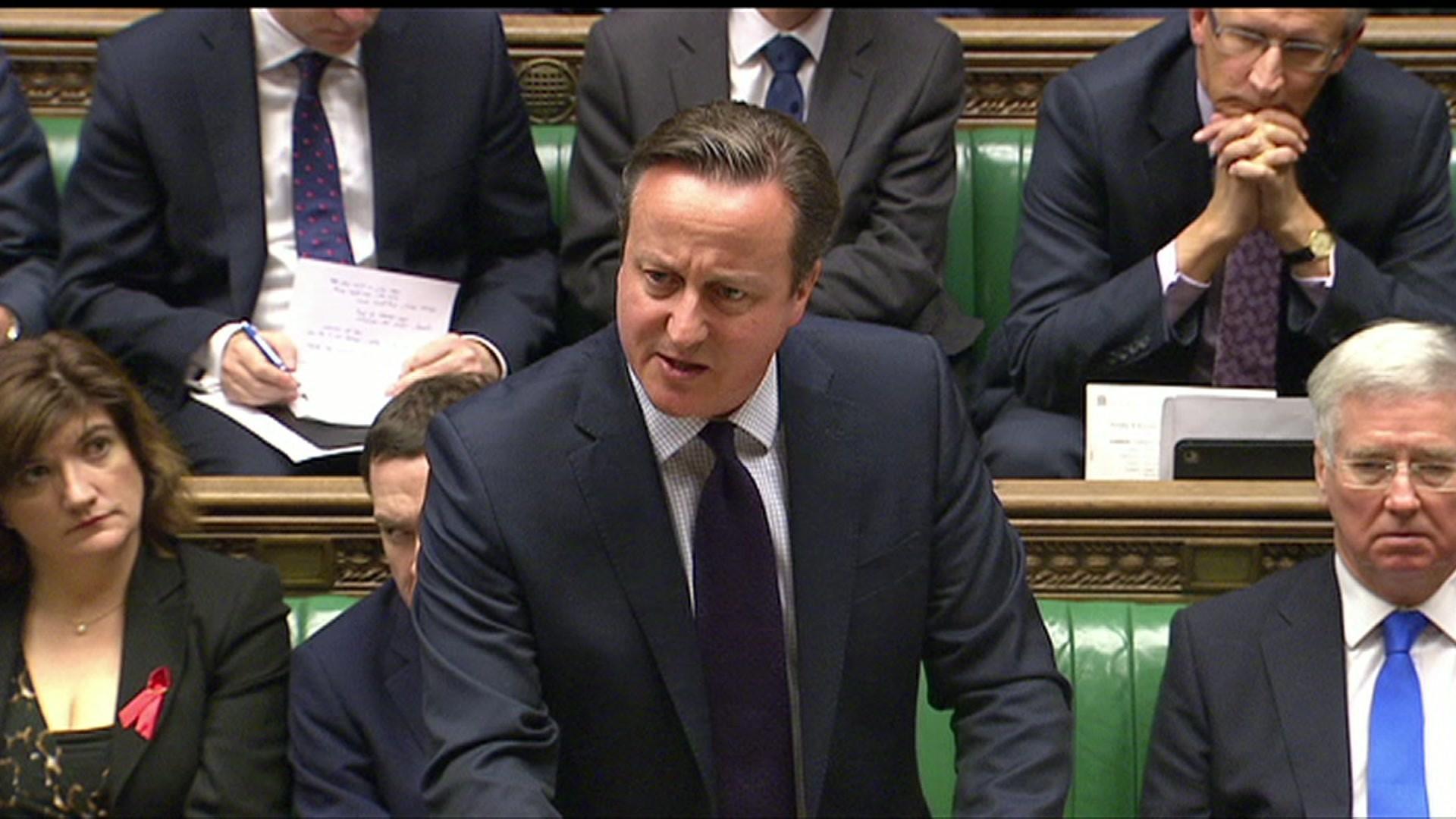
- Published26 November 2015
- Published3 December 2015
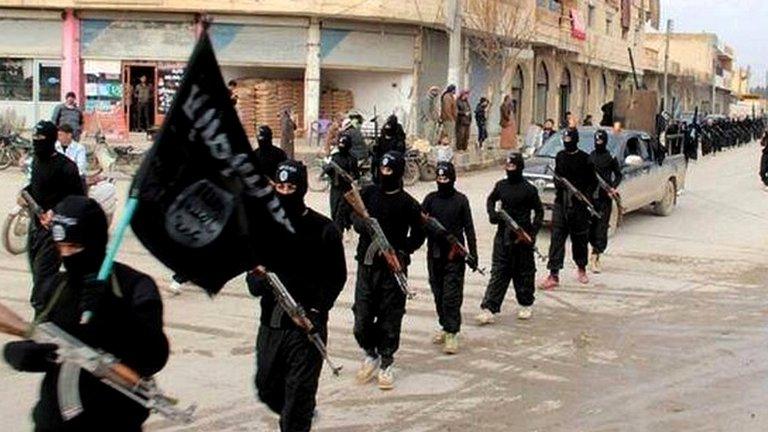
- Published1 December 2015
